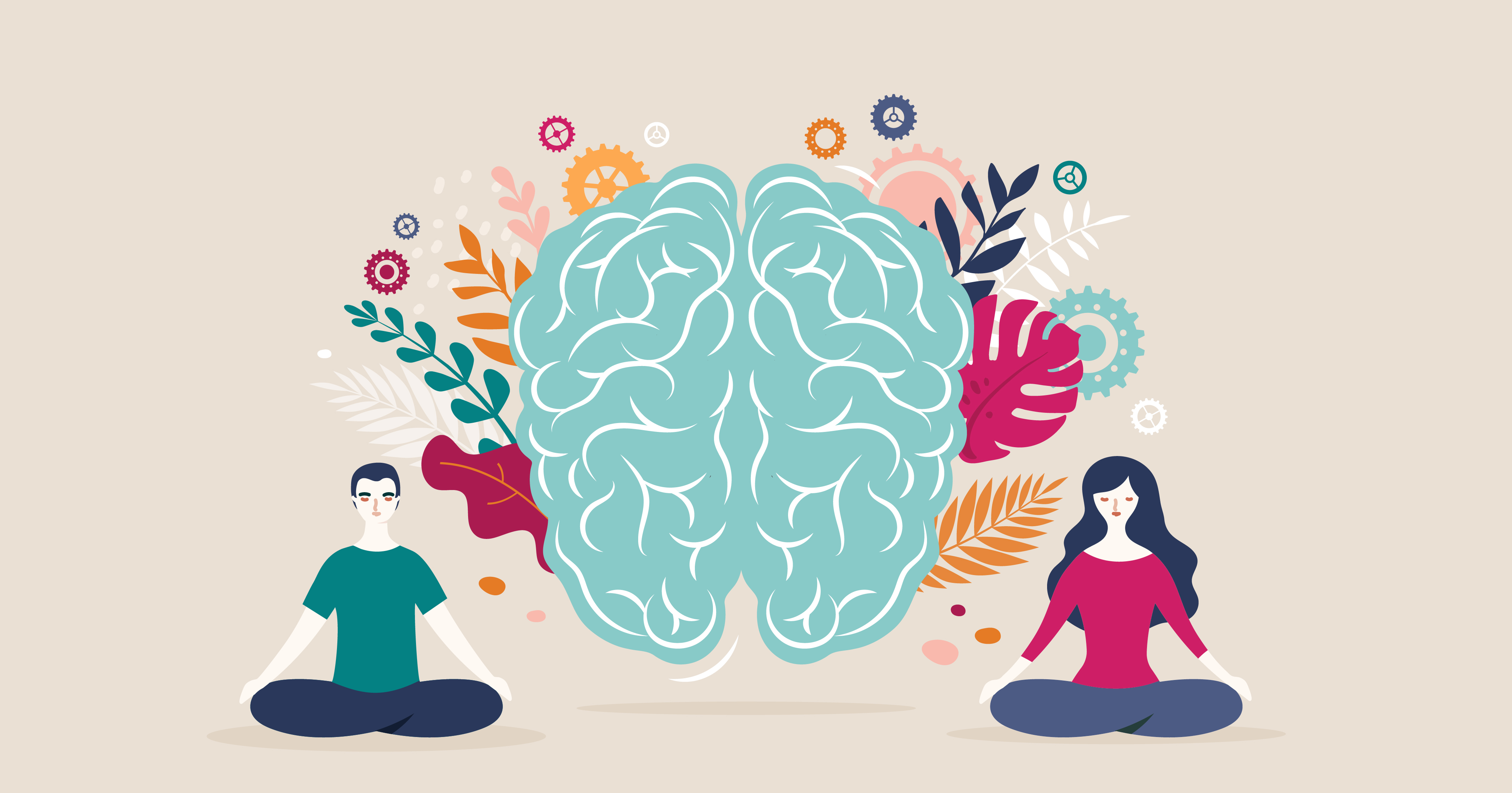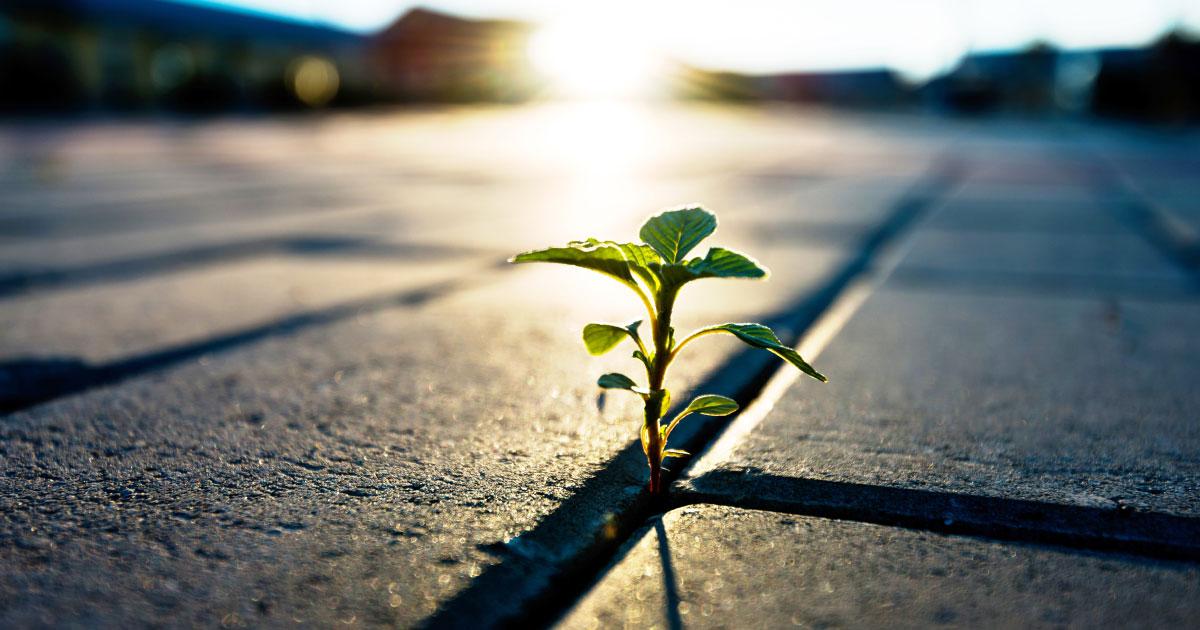Cultivating Resilience: Building Mental Toughness in Tough Times
Resilience is more than just bouncing back from adversity; it's about thriving in the face of it. It's the capacity to adapt, grow, and flourish despite the most challenging circumstances. Cultivating resilience involves developing a mindset and skills that enable us to navigate life's ups and downs with grace and strength.
So, how do we go about cultivating resilience? Let's explore some key aspects of this fascinating journey:
Embracing Adversity
Take the story of Thomas Edison, for example. Despite facing numerous failures in his quest to invent the light bulb, he famously remarked, "I have not failed. I've just found 10,000 ways that won't work." Edison's resilience and unwavering determination eventually led to one of the most significant inventions in history.
Building a Support Network
No one can weather life's storms alone. Building a strong support network of friends, family, mentors, and colleagues is crucial for cultivating resilience. These are the people who lift us up when we're down, who offer a shoulder to lean on and a listening ear when we need it most.
Think about the last time you faced a difficult situation. Who did you turn to for support? How did their presence or guidance help you navigate through it? Our support network not only provides emotional support but also offers valuable perspectives and insights that can help us see challenges in a new light.Practicing Self-Care
In the midst of adversity, it's easy to neglect our own well-being. However, self-care is essential for building resilience. Taking care of our physical, emotional, and mental health gives us the strength and energy to face life's challenges head-on.
Self-care looks different for everyone. For some, it might mean getting enough sleep, eating nourishing food, and exercising regularly. For others, it could involve practising mindfulness, journaling, or engaging in hobbies that bring joy and relaxation.
Cultivating a Growth Mindset
At the heart of resilience lies a growth mindset—the belief that our abilities and intelligence can be developed through dedication and hard work. Instead of viewing setbacks as evidence of our limitations, resilient individuals see them as opportunities to learn and grow.
Carol Dweck, a pioneering psychologist, describes the difference between a fixed mindset and a growth mindset. Those with a fixed mindset believe that their abilities are fixed traits, while those with a growth mindset believe that they can improve with effort and perseverance. Cultivating a growth mindset allows us to approach challenges with optimism and resilience, knowing that failure is not a reflection of our worth but rather a stepping stone to success.
Finding Meaning and Purpose
In the darkest of times, finding meaning and purpose can provide a beacon of hope. Resilient individuals draw strength from their sense of purpose, whether it's a commitment to their work, their relationships, or a cause greater than themselves.
Viktor Frankl, a Holocaust survivor and renowned psychiatrist, wrote in his book "Man's Search for Meaning" about the importance of finding meaning even in the most hopeless of situations. He famously said, "When we are no longer able to change a situation, we are challenged to change ourselves." Frankl's message resonates deeply in the journey of resilience, reminding us that even in the face of unimaginable suffering, we have the power to choose our response.
The Relevance of Cultivating Resilience
In today's fast-paced and uncertain world, cultivating resilience is more important than ever. From the ongoing pandemic to economic instability to personal challenges, we are constantly faced with adversity in various forms. Building mental toughness not only helps us navigate through these tough times but also empowers us to thrive in the face of adversity.
Moreover, resilience is not just a personal trait—it's also a collective one. As communities and societies, our ability to bounce back from crises depends on our collective resilience. By fostering a culture of support, empathy, and perseverance, we can strengthen our social fabric and build a more resilient world for future generations.Conclusion: Embracing the Journey of Resilience
In conclusion, cultivating resilience is a lifelong journey—a journey of self-discovery, growth, and empowerment. It's about embracing adversity, building a strong support network, practising self-care, nurturing a growth mindset, and finding meaning and purpose in life's challenges.
As we navigate the storms of life, let us remember that resilience is not about avoiding hardships but rather about facing them with courage and resilience. Let us draw inspiration from those who have overcome adversity and emerged stronger on the other side. Let us embrace the journey of resilience with open hearts and minds, knowing that each challenge we face is an opportunity for growth and transformation.
So, are you ready to embark on the journey of cultivating resilience? It won't be easy, but I can promise you this—it will be worth it.








Comments
Post a Comment